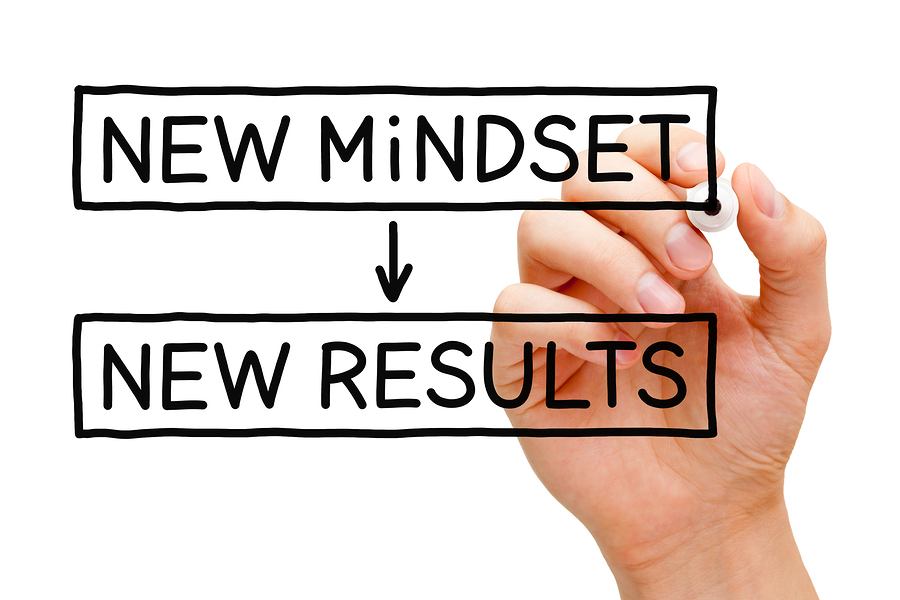Mental Health 2.0: Staying Healthy in an Online World
Last March, I had the pleasure of attending SXSW. During the conference, I attended a number of panels, but there were two, in particular, that I found incredibly stimulating and relevant to mental health. The first was Kevin Cheng and Coley Wopperer’s panel on Breakups 2.0. The second was Violet Blue’s Sexual Privacy Online panel which included Zoe Margolis, Jonathan Moore, Jason Schultz, and John D’Addario.
As I listened to the panelists and attendees talk about these issues, I found myself thinking a lot about mental health issues and how people manage their own behavior and their relationships in an online world. Many of my clients have brought up these issues in our sessions and there are no established guidelines or resources for managing one’s health and one’s boundaries in various networking communities. During the sessions, I heard people question what is fair in relationships in regard to breakups, “friending,” and “de-friending” behavior. People wrestled with how to protect their own privacy and expressed concerns about whether tracking someone’s public online behavior is, in itself, some kind of boundary violation when you have a fractured prior relationship with that person.
People are also grappling with the immediacy of the internet and the ability to impulsively make tiny decisions that may have a huge impact on their digital and offline lives. One person finds himself wondering whether it is appropriate to subscribe to the RSS blog feed of a guy he thinks his ex-boyfriend is dating. Someone else wonders if she can bypass coming out directly to her family and friends simply by changing her sexual orientation status on Facebook. Another person wonders if her boyfriend has already read her drunken, angry Twitter from last night, and whether she used it to express something she should have talked to him about privately. Someone else talks about the decision to drop his ex-girlfriend as a Flickr contact, and whether or not it felt essential to tell her in advance that he was going to do so. Another person uploads a revealing video to MySpace and finds that she is still regretting it, despite having deleted it weeks earlier.
All of these questions and decisions are incredibly important, as they can have an impact not only on an individual’s sense of well-being, but also on their direct relationships and overall community norms. I have put a great deal of thought into these issues, considering my observations in my many years using networking sites. I have also considered what has been clinically helpful in my work with clients who have directly addressed these issues in therapy. This contemplation has led me to propose a panel for 2009’s South By Southwest Interactive Conference that will address many of these issues. The conference takes place from March 13 – 17th, but SXSW elicits feedback from the public on what panels to hold starting in August. You can check back here for a link to the Panel Picker and to read my entire panel description.
